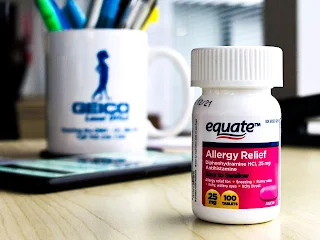Tylenol Gel Caps: Pain Relief and Fever Reducer
Tylenol gel caps are a form of acetaminophen, a well-known pain reliever and fever reducer. They offer a convenient and easy-to-swallow alternative to regular Tylenol tablets.
Purpose of Tylenol Gel Caps
The main purpose of Tylenol gel caps is to provide relief from mild to moderate pain, and to reduce fever. They are commonly used to treat conditions such as headaches, muscle aches, menstrual cramps, and symptoms of the common cold.
Ingredients in Tylenol Gel Caps
The active ingredient in Tylenol gel caps is acetaminophen. Inactive ingredients may include gelatin, glycerin, polyethylene glycol, povidone, propylene glycol, and titanium dioxide, which help form the gel cap and maintain the product's stability and effectiveness. Please check the label for specific details, as inactive ingredients may vary by manufacturer.
Dosage
- Adults: The recommended dosage for adults is one or two gel caps every 4 to 6 hours, not exceeding 8 gel caps in 24 hours.
- Children: Dosage for children is based on age and weight. Always consult with a pediatrician or refer to the dosage instructions on the packaging.
Tylenol gel caps should be swallowed whole with or without food. Do not crush or chew the capsules. Always follow the dosage instructions on the label and avoid exceeding the recommended dose.
Side Effects
Common side effects of Tylenol gel caps may include nausea, upset stomach, and diarrhea. Serious side effects are rare but may include allergic reactions, yellowing of the skin or eyes (a sign of liver issues), or severe stomach pain. If you experience any serious side effects, stop use immediately and seek medical attention.
Precautions
- Do not take Tylenol gel caps if you are allergic to acetaminophen or any of its inactive ingredients.
- People with liver disease or those who frequently consume alcohol should use Tylenol with caution, and under medical supervision.
- Tylenol may interact with other medications such as blood thinners, certain antidepressants, and blood pressure medications. Consult your doctor if you are taking other medicines.
It's essential to read the label carefully and follow the usage instructions, including dosage recommendations and warnings. If in doubt, consult a healthcare professional.


